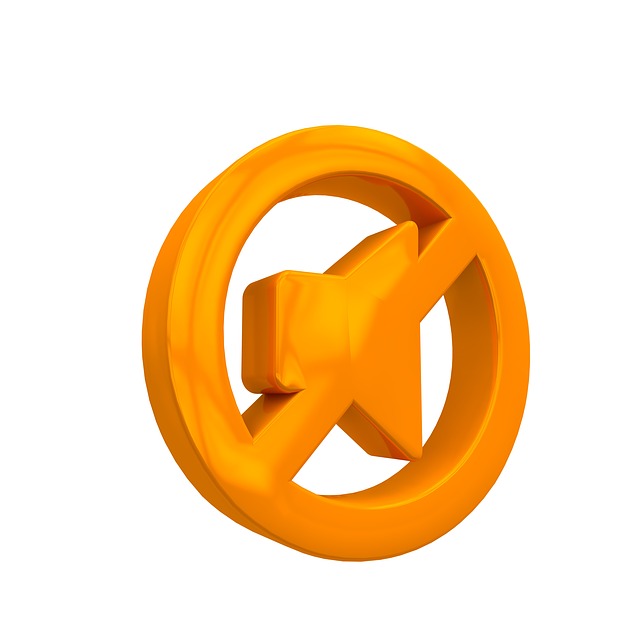
Understanding Medication Side Effects on Oral Health: Advice from Your Family Dentist
As your trusted family dentist, Family 1st Dental is here to ensure your oral health is in top shape, especially if you’re taking prescription medications or dietary supplements. According to the Centers for Disease Control and Prevention (CDC), nearly half of all Americans are currently taking prescription medications, and over half take vitamins or other supplements. Even when used as directed and under medical supervision, medications can have side effects that impact your oral health. That’s why it’s crucial to keep us informed about any medications or supplements you’re taking, especially if there have been changes since your last visit.
Here are some common medication side effects that can affect your oral health:
- Abnormal Bleeding: Certain medications can thin your blood and reduce clotting, leading to excessive bleeding during dental treatments or oral surgery. Inform your dentist about any medications or supplements you’re taking before scheduling such treatments.
- Dry Mouth: Many medications can decrease saliva production, making your mouth more prone to inflammation, infection, and tooth decay.
- Fungal Infection: Oral Candidiasis, a fungal infection, can affect individuals using oral inhalers for conditions like asthma. Patients with inhalers should rinse their mouth thoroughly with water after each use.
- Gum Tissue Enlargement: Some medications may cause overgrowth or enlargement of gum tissue. Proper oral hygiene is crucial for preventing inflammation or decay in these cases.
- Soft Tissue Reactions: Inflammation, oral sores, or discoloration of soft tissues can occur as a side effect of certain medications. Your dentist may prescribe a special oral hygiene regimen to alleviate discomfort.
- Tooth Decay: While not a direct side effect, some medications, especially those in liquid, chewable, or lozenge forms, contain sugar to improve flavor. Over time, these sugars can increase the risk of tooth decay. Opt for sugar-free versions of medications whenever possible, take them with meals, or rinse your mouth afterward.
Severe tooth decay can lead to the need for Endodontic treatment, such as a root canal, or even tooth loss. If you have concerns about your medications, don’t hesitate to contact your dentist immediately.
At Family 1st Dental, we’re dedicated to providing you and your family with comprehensive dental care, taking into account your overall health and any medications you may be taking. Don’t let medication side effects compromise your oral health. Contact us today for personalized care and advice tailored to your needs.












